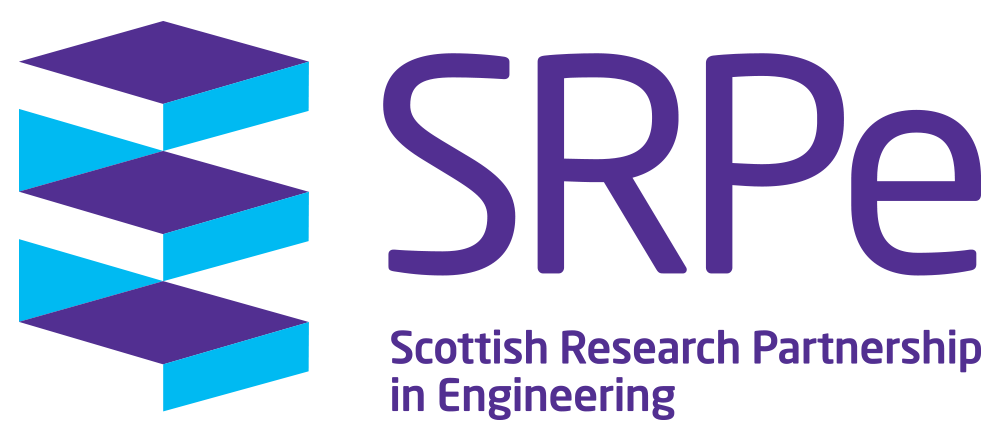Bionanotechnology-enabled monitoring of disease progression during cancer treatment
Academic Institution: University of Edinburgh
Academic Supervisor: Dr Katherine Dunn
Industry Partner: Celgene Research S.L.
PhD Student: Nathan Wu
Start Date: 1st December 2019
Abstract
Effectiveness of cancer treatment varies from patient to patient, and also depends on type of cancer and drug. As an example, in one study of pre-surgery chemotherapy for breast cancer, nearly a quarter of patients were classified as non-responders, whose tumours shrank by less than 50%.
Data about disease progression during treatment is therefore critical to inform decisions about drug regimes. Information can be obtained using tumour biopsies, which involve removing and examining tissue, but these are very invasive and disruptive to the patient.
Taking blood samples (‘liquid biopsies’) is less invasive than taking tumour tissue samples, enabling more frequent monitoring of treatment response and improving patient experience. One cancer marker in liquid biopsies is DNA that has been ejected from the tumour into the bloodstream. However, at present there is no approved device for monitoring such circulating tumour (ct) DNA in liquid biopsies. In this project, we will bring together engineering and life sciences to design, build and test a new device for quantifying ctDNA.
The strategic gap was identified by the industrial partner Celgene, a biopharmaceutical company that produces a range of cancer drugs including Revlimid® and Abraxane®. Celgene will be co-funding this PhD. The industrial supervisors, based at Celgene’s R&D site in Seville, will be actively involved in the project.
The PhD will be hosted by the University of Edinburgh, an SRPe partner, with academic supervisors from Engineering and Medicine. We also plan links with researchers at Strathclyde and potentially Glasgow.
The outcome of the project is expected to be proof-of-concept of our new healthcare technology in a laboratory environment. Further validation studies will follow. Ultimately, the technology could have a considerable impact on cancer treatment, helping clinicians to identify promptly when drugs are failing.
